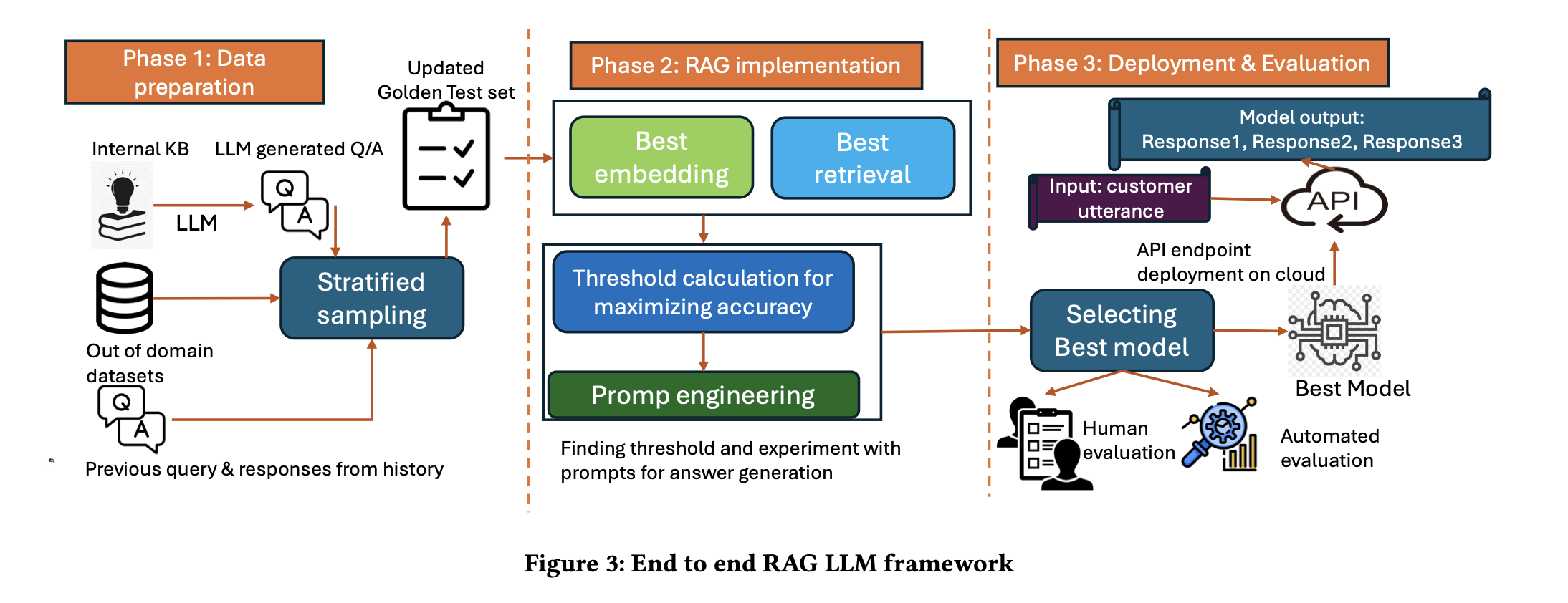
Describing itself as the "world’s largest home improvement retailer", Home Depot has more than 2,300 stores across North America and made $15.1 billion of sales last year.
Now it has emerged that the retail giant is also an AI pioneer.
Home Depot has just published a paper detailing its DIY work to build a RAG-based system which generates responses that human staff can read out to callers or add to live chats.
"While RAG-based architectures have been successful in various open-domain question-answering tasks, limited research has explored their scaling dynamics in real conversational scenarios," the five-strong Home Depot AI team wrote.
"Therefore, our research is one of the pioneering efforts in exploring the feasibility of a RAG-based approach for developing a knowledge-grounded response prediction system specifically tailored for the contact centre of a major retail company."
Home Depot's team built an LLM with RAG capabilities that answers queries by retrieving knowledge documents and processing them alongside data from previous chat history to "generate response suggestions for customer service agents."
The Home Depot AI team claimed that it outperforms previous solutions for this job in both "accuracy and relevance."
"Our findings suggest that RAG-based LLMs can be an excellent support to human customer service representatives by lightening their workload," they wrote.
RAG is "commonly used to ground LLMs in factual information", the Depot's developers explained.
"The RAG architecture processes user input by first retrieving a set of documents similar to the query, which the language model then uses to generate a final prediction," they continued.

How is Home Depot using AI in other use cases?
The home improvement mega-chain previously deployed another form of AI: computer vision. In a quarterly report for Q1 2024, it wrote: "Computer Vision helps us maintain the integrity of our bays by ensuring that the product on the shelf meets our quality standards. Maintaining high quality, damage-free products is a key component of delivering on the customer experience.
"Additionally, we have also deployed this technology in our self checkout corral to help us mitigate shrink. Computer vision can identify complex carts or high value carts and signal a cashier to help the customer with their basket to ensure all products are scanned and accounted for."
In other words: AI scans baskets to check people aren't nicking stuff and makes sure all items look pretty and in-date on the shelves. Clever stuff.
However, in the operational risks section of its most recent annual earnings report, Home Depot mentioned Generative AI in an "operational risks" section.
READ MORE: Did a Samsung exec just leak key details and features of OpenAI's ChatGPT-5?
In a subsection with a title which warned that "a failure of a key information technology system or process could adversely affect our business", the retailer wrote: "We are currently making, and expect to continue to make, substantial investments in our information technology systems, infrastructure and personnel, in certain cases with the assistance of strategic partners and other third-party service providers."
These investments include migrating to the cloud, maintaining "older, legacy systems that are less flexible and efficient" (or replacing it altogether) and "testing the use and incorporation of artificial intelligence, including generative artificial intelligence."
"These efforts could result, and on occasion have resulted, in significant potential risks, including failure of the systems to operate as designed, unexpected impacts on related systems or processes, potential loss or corruption of data, failures in security processes and internal controls, cost overruns, implementation delays or errors, disruption of operations, and the potential inability to meet business and reporting requirements," it warned.
"Any system implementation and transition difficulty may result in operational challenges, security failures, reputational harm, and increased costs that could adversely affect our business operations, our relationships with our customers, and results of operations."
Phew. After a warning of that strength, it's kind of impressive to see that Home Depot has assessed the danger of the jump and taken it anyway. But that's likely to be because of the tech's potential to drive better customer experience and, therefore, pull in higher revenues.
Expect to see many more unlikely players join the RAG trade.